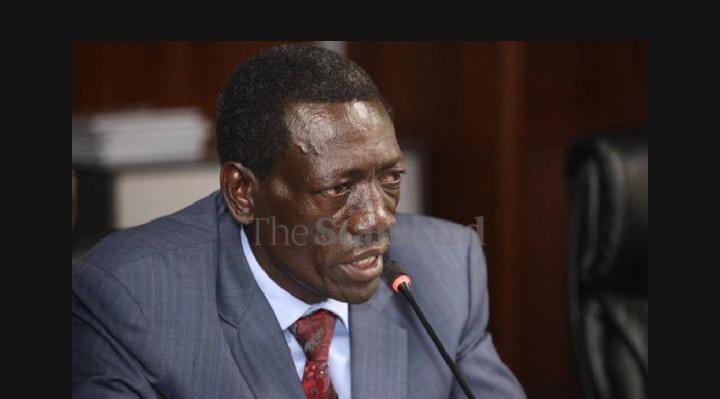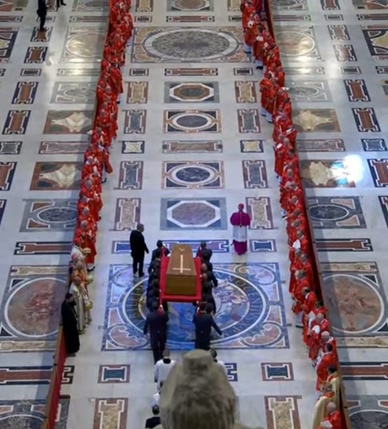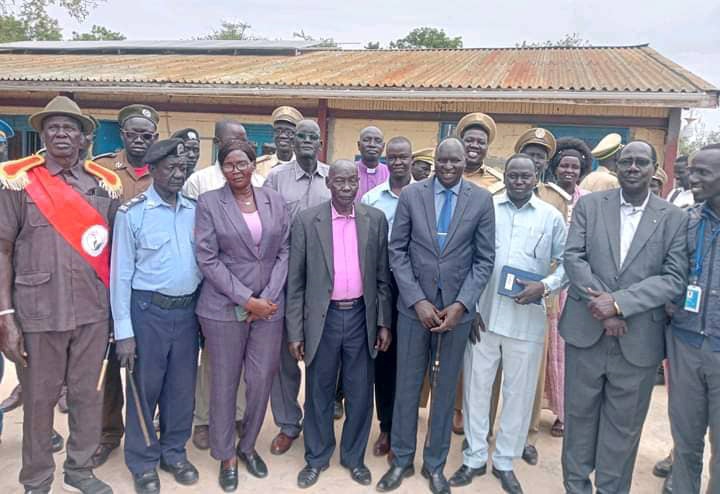
By Lisbeth, Micheni Kenya
Teachers have issued a strike notice to the government and threatened to disrupt school reopening in about three weeks’ time.
The two big teachers’ unions, Kenya National Union of Teachers (Knut) and Kenya Union of Post Primary Education Teachers (Kuppet) want the government to honor the second phase of a signed Collective Bargaining Agreement (CBA).
The Collective Bargaining Agreement raises teachers’ salaries beginning last month, but their employer, the Teachers Service Commission (TSC), did not pay the new rates in July. And for that, the unions have warned their teachers will not report to work on August 26, the opening day.
The union leaders have also vowed not to entertain fresh talks with Teachers Service Commission or the Ministry of Education with a view of amending the Collective Bargaining Agreement. They say the deal was validly negotiated and signed between them and the government.
They also want about 20,000 intern teachers hired permanently. This, they say, will enable successful running of the Junior Secondary Schools. Since implementation of the Competency Based Curriculum (CBC) began, many schools do not have enough teachers to cover the demands of the new system.
Newly appointed Education Cabinet Secretary Julius Ogamba will have a full in-tray on his desk, including the approaching industrial action. He must quickly engage the National Treasury, Teachers Service Commission and the unions to prevent a teachers’ strike in his very first days in office.
Should the teachers make good their threat, the strike will affect the school calendar, including national examinations that are conducted in the third term. Disruption to the calendar will jeopardize learning outcomes for learners at all levels.
Cabinet secretary Ogamba must apply himself to the agenda fully and ensure quality learning for all. Teachers must be compensated well, and their welfare be a top priority for his ministry. There are teachers who have dedicated their careers to ensuring their students acquire knowledge no matter the circumstances.
They include teachers in hardship areas and marginalized regions. They walk long distances to their classrooms and seek to inspire children from very poor backgrounds. Indeed, some school principals have been known to go out of their way to pay tuition fees for poor but bright students.
Stories burst of teachers who seek community support to cater for needy students. While the government should ensure quality education for all Kenyan children, the Ministry of Education and Teachers Service Commission should always appreciate hard working teachers.
There are also teachers known to improve students’ performance in specific subjects. Their services are sought after by many schools seeking excellence. Cabinet Secretary Ogamba must always find ways of recognizing and motivating all teachers. For now, let him begin by engaging the union leaders.
categories
recent posts

NIGERIA: Obi Unveils Registration Portal, ID Cards for Obidient Movement

NIGERIA: JAMB Offers Cash Reward To Debunk Exam Town Misinformation

Chelsea Edge Everton To Break Into Premier League Top Four

World Mourns as Pope Francis’ Coffin Arrives at Rome Basilica for Final Burial

